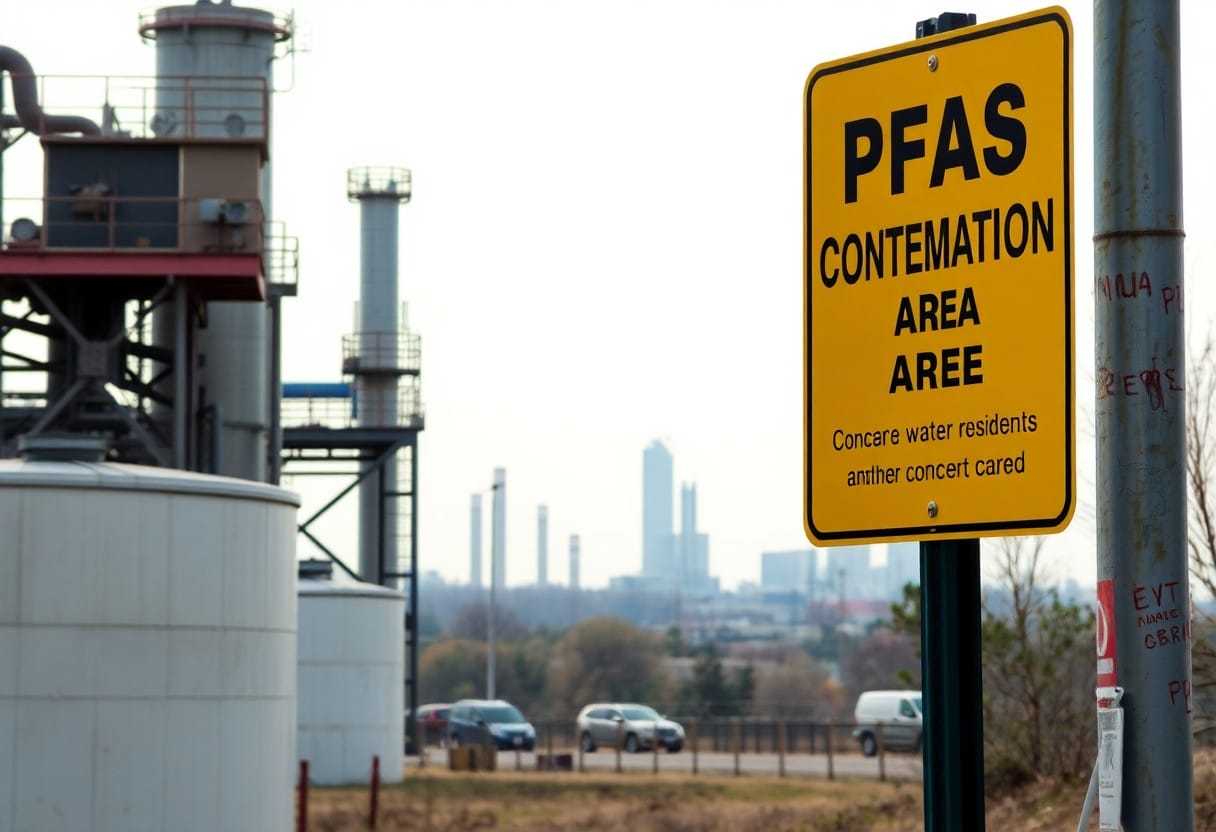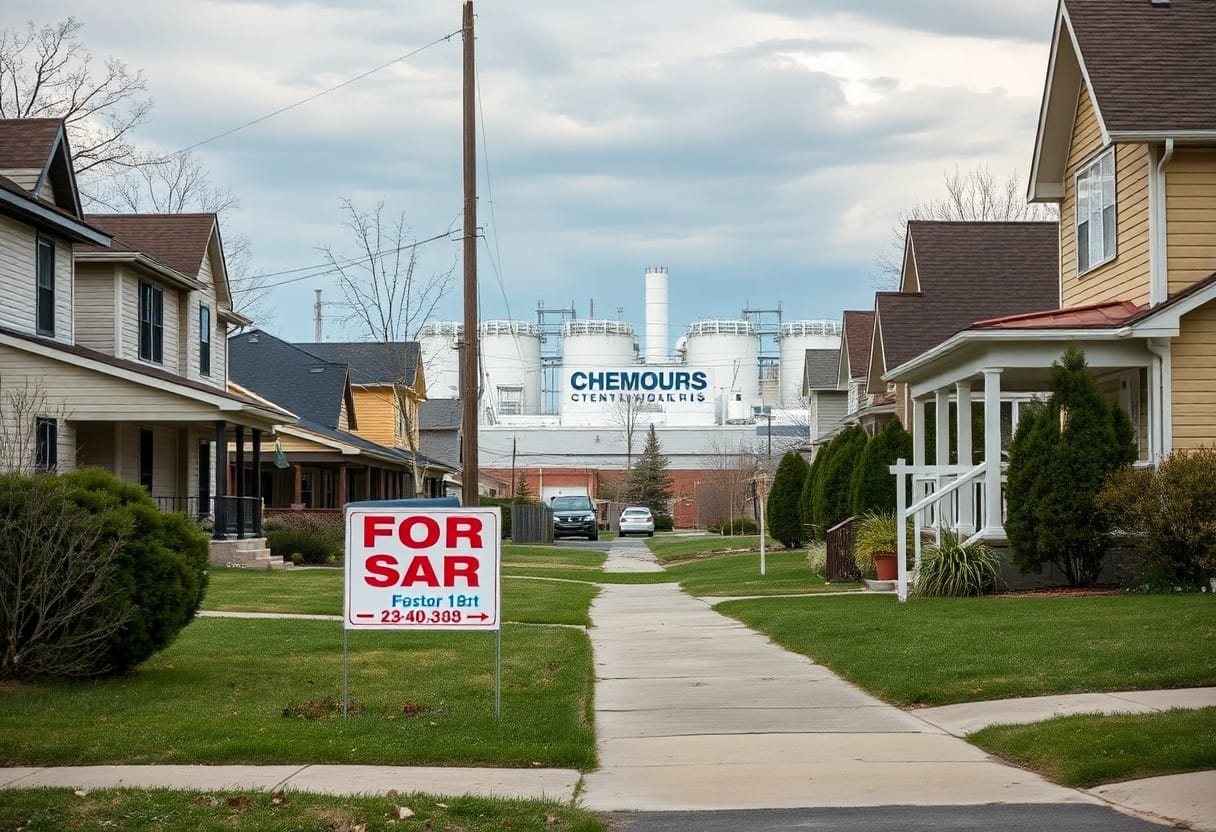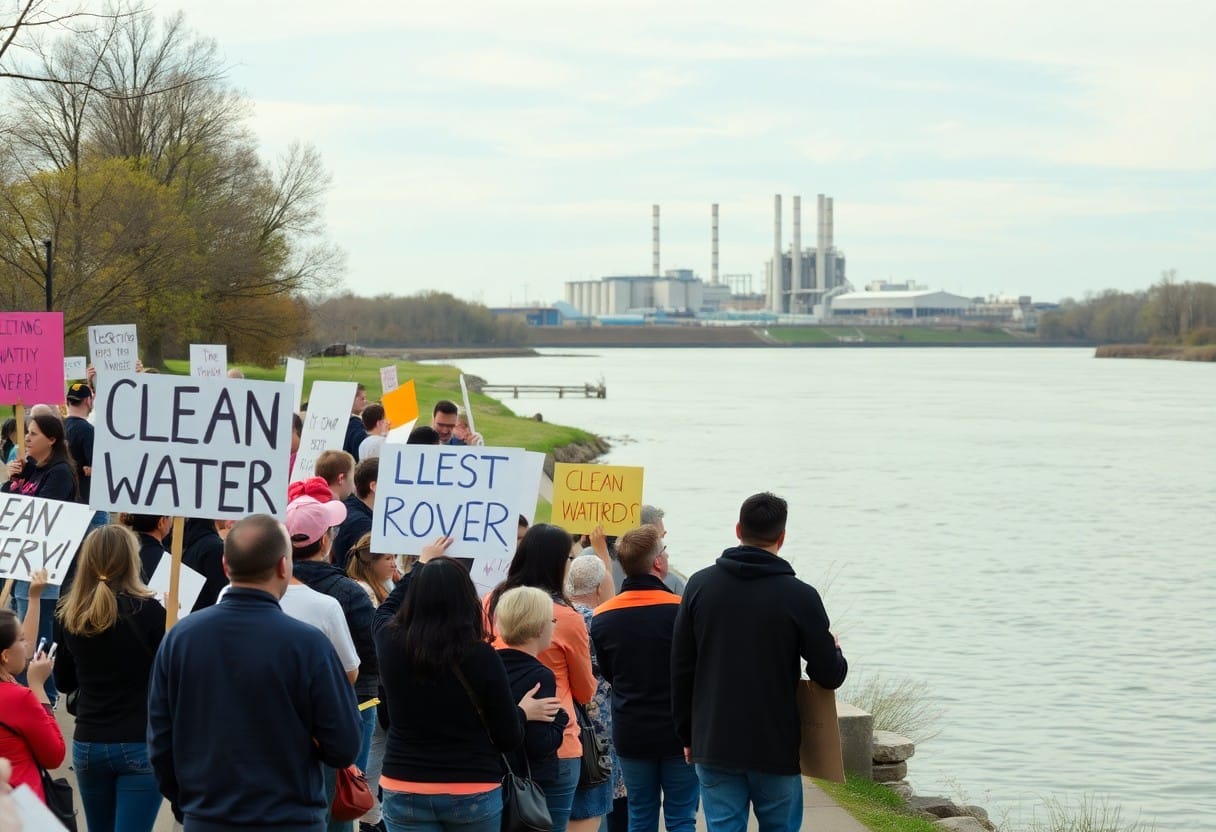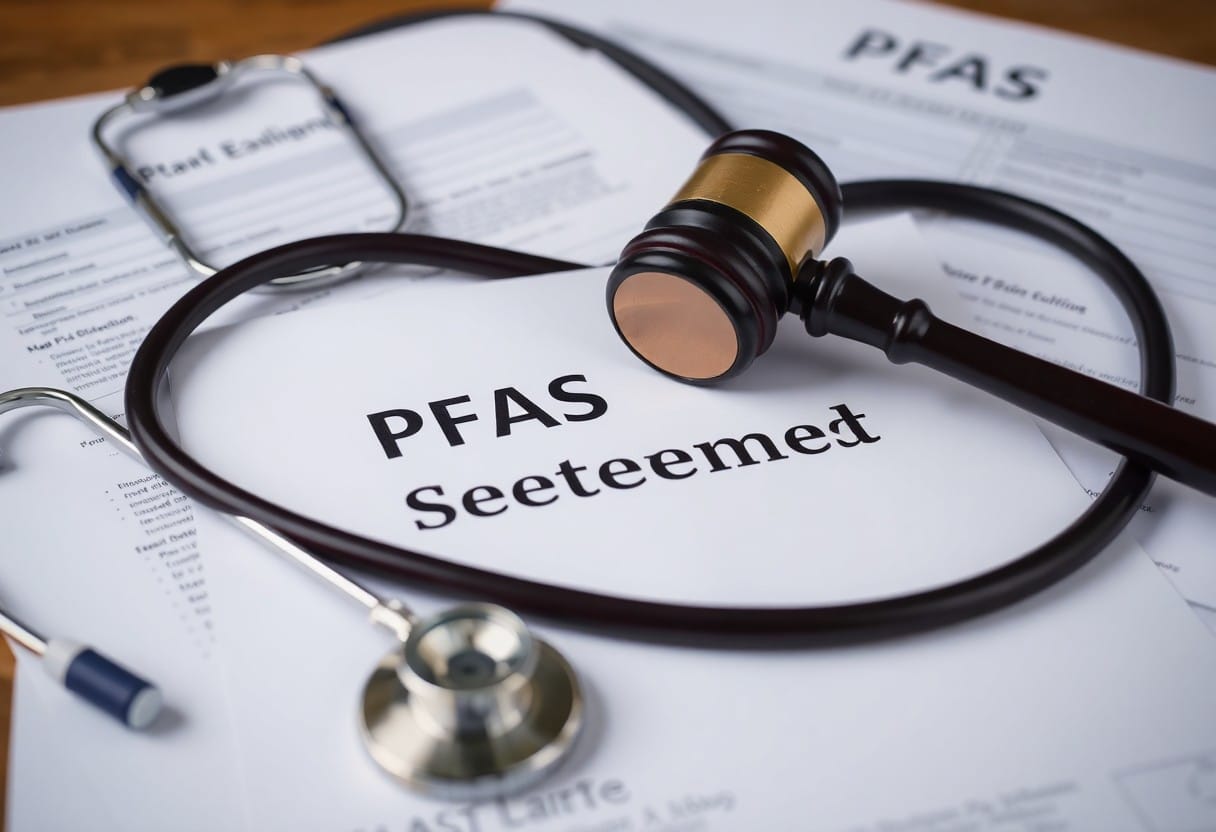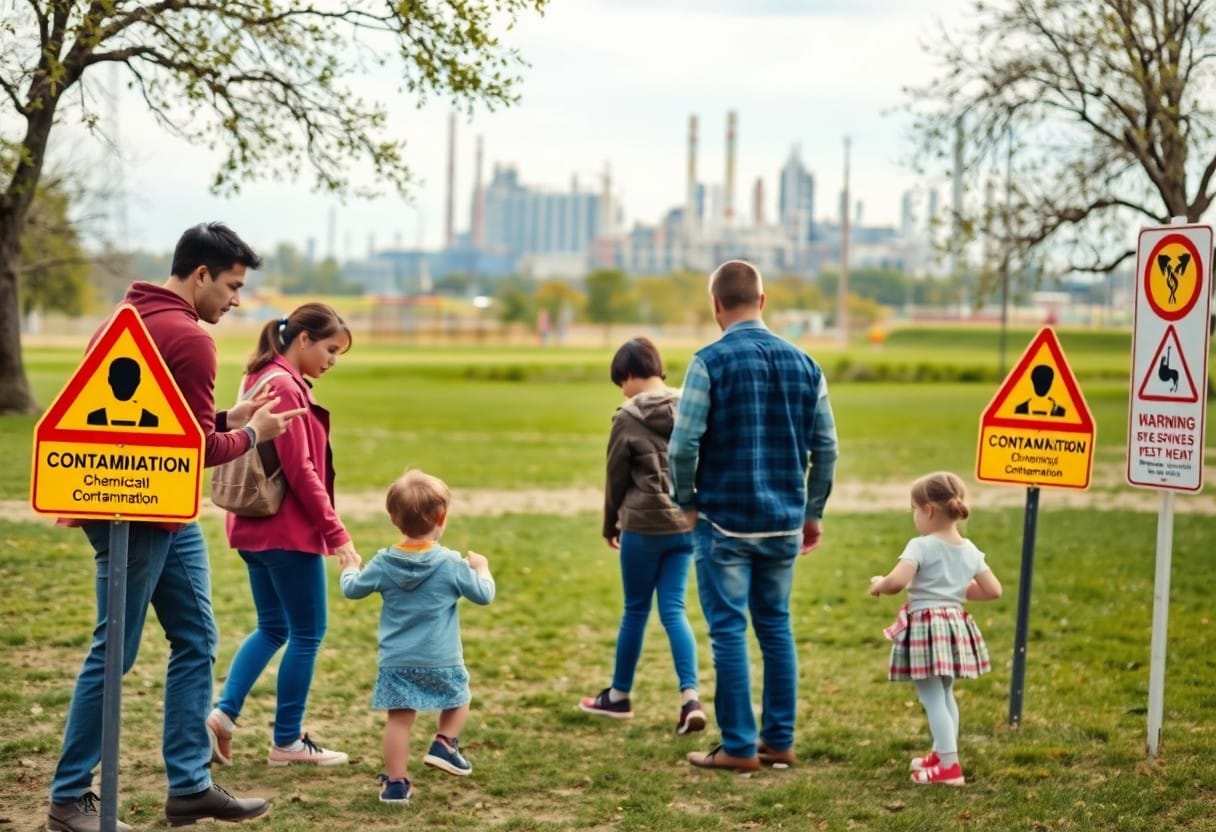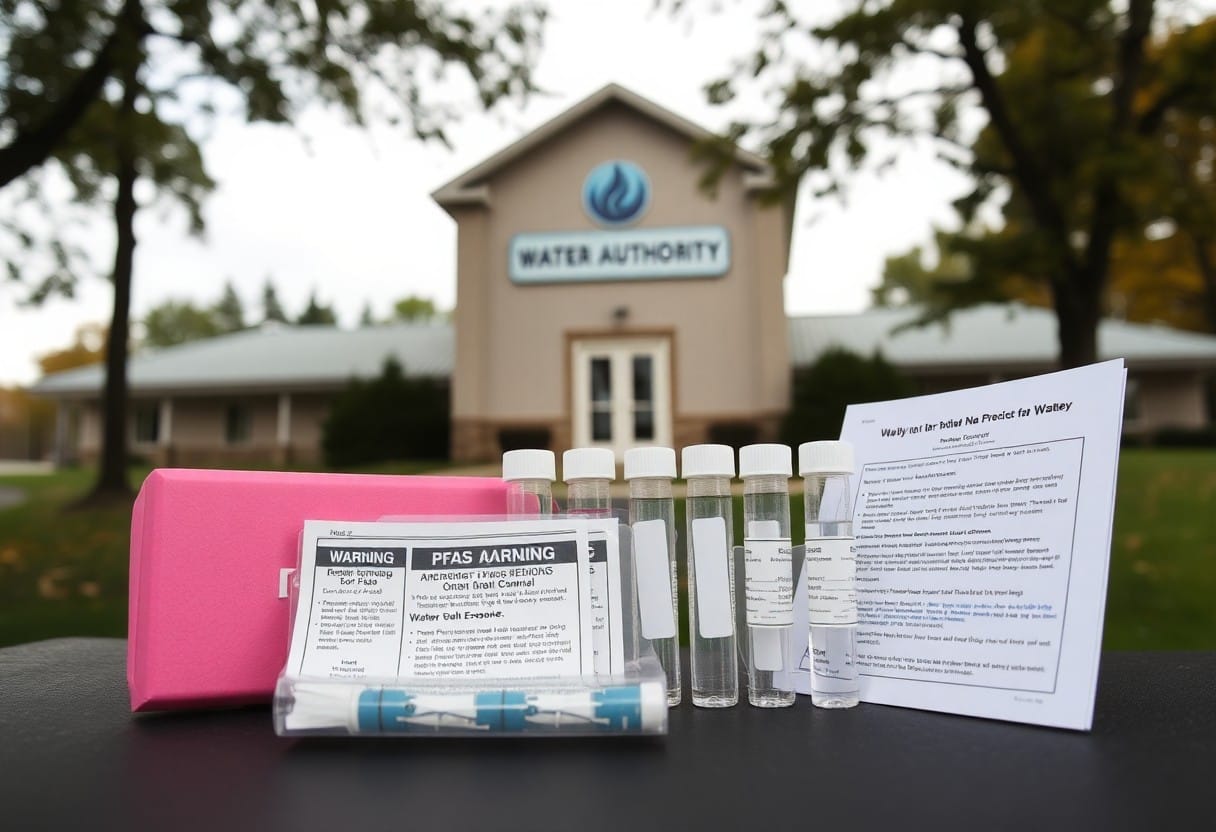Over the past few years, PFAS contamination in agriculture has emerged as a significant issue affecting your farm’s viability and safety. As a farmer, you may find yourself facing the impact of toxic chemicals that can compromise soil and water quality. Understanding your legal options is vital to protect your livelihood and health. This blog post will inform you about potential legal avenues, liability considerations, and resources available to navigate this growing concern effectively.
Agricultural PFAS Contamination – Farmer Legal Options
Your understanding of PFAS (Per- and Polyfluoroalkyl Substances) is vital to grasp the impact it has on agriculture. These synthetic chemicals are widely recognized for their persistence in the environment and within living organisms. As agricultural practices evolve, the risk of PFAS contamination poses threats to crop safety, animal health, and ultimately, your livelihood.
Definition of PFAS
Below, PFAS refers to a large group of human-made chemicals that include thousands of substances. They are often used in various industrial applications and consumer products due to their water- and grease-resistant properties, making them common in firefighting foams, food packaging, and non-stick cookware.
Sources of Agricultural PFAS Contamination
Among the various contributors to agricultural PFAS contamination are industrial discharges, use of contaminated water for irrigation, and the application of biosolids to fields. Understanding these sources will help you take informed steps to mitigate the risks associated with PFAS in your farming practices.
Further, agricultural runoff from nearby industrial sites and landfills can introduce PFAS into water sources, while firefighting foam used in agricultural facilities has also been linked to substantial contamination. Additionally, biosolids – often used as fertilizers – may contain these hazardous chemicals, inadvertently introducing them into the soil and crops. Being aware of these sources allows you to safeguard your farm from potentially toxic effects and explore legal avenues for addressing contamination issues.
Legal Framework Surrounding PFAS Contamination
Assuming you are a farmer facing the challenges of PFAS contamination, it’s crucial to understand the legal framework that governs such situations. Laws at both federal and state levels shape the options available to you for seeking redress and protecting your interests against harmful substances like PFAS. Knowing these regulations can empower you to take action and navigate potential legal avenues effectively.
Federal Regulations
Along with state initiatives, federal regulations set the foundation for managing PFAS contamination in agriculture. The Environmental Protection Agency (EPA) provides guidelines and standards to address PFAS risks, yet enforcement can vary significantly. You should familiarize yourself with these regulations to understand your rights and potential remedies.
State Regulations
By examining state regulations, you can gain insights into the specific laws that might apply to your situation regarding PFAS contamination. Each state has its own approach, which may include stricter standards than federal guidelines, reflecting your local environmental concerns and agricultural practices.
To navigate state regulations effectively, consult your respective state’s environmental agency and review any specific laws related to PFAS. States may offer remediation programs, liability protections, or even financial assistance for farmers dealing with PFAS. Additionally, certain states have implemented drinking water standards and agricultural guidelines that can significantly impact your operations. Staying informed about these developments is crucial for protecting your livelihood and ensuring the safe production of food.
Potential Claims for Affected Farmers
Clearly, if you are a farmer affected by PFAS contamination, you may have several potential legal claims. These claims can provide you with a path to seek compensation for damaged crops, loss of income, or remediation costs associated with contaminated land. Understanding these claims will empower you to take the necessary steps toward defending your rights and recovering losses. Legal action can hold responsible parties accountable for their role in PFAS contamination; therefore, exploring your options is vital.
Trespass and Nuisance Claims
Beside pursuing compensation for damages, you may also consider filing trespass and nuisance claims. If PFAS substances have unlawfully entered your property, creating a harmful environmental condition, you might be entitled to seek damages. Establishing that contamination interfered with your ability to cultivate your land effectively can strengthen your case, leading to possible remedies.
Product Liability Claims
On another front, you might explore product liability claims against manufacturers of PFAS-containing products who have inflicted harm on your agricultural enterprise. You could argue that these manufacturers failed to warn you about the potential risks associated with their products, leading to significant financial repercussions you may be facing.
The impact of PFAS contamination on your agricultural operations can lead to extensive losses, particularly if the involved products have contributed directly to your issues. By pursuing product liability claims, you have the opportunity to challenge manufacturers on grounds of negligence or failure to provide adequate safety information. Successfully proving your case could result in receiving financial compensation to offset the damages, which may include lost revenue, soil remediation, and other associated costs. Taking legal action can be a significant step toward securing justice and protecting the viability of your farming operations.
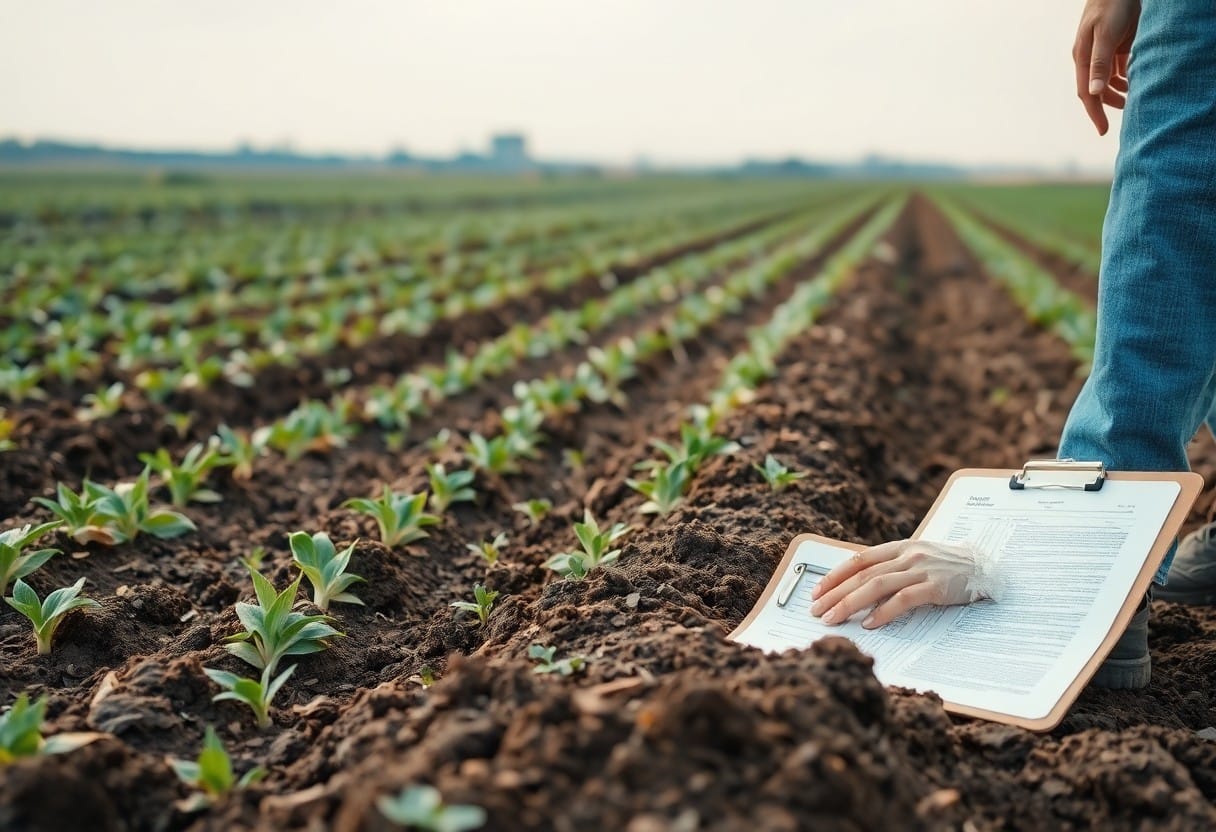
Evidence Gathering for Legal Action
For farmers facing PFAS contamination, gathering evidence is key to building a strong legal case. This involves collecting both scientific data and personal documentation that demonstrates the impact of PFAS on your land, livestock, and crops. You will need to collaborate with experts and legal professionals to ensure that your evidence is comprehensive and aligns with relevant regulations. The more organized and detailed your documentation, the better positioned you will be to pursue the legal options available to you.
Testing for PFAS Contamination
By conducting thorough testing for PFAS contamination, you can establish the presence of these harmful substances in your soil and water sources. Engaging a certified laboratory to perform these tests is imperative, as it provides you with reliable data that is critical in supporting your legal claims. This scientific evidence can play a significant role in demonstrating the extent of contamination on your property.
Documenting Economic Damages
Economic damages resulting from PFAS contamination can severely impact your farming operations.
Contamination can lead to significant financial losses due to reduced crop yields, decreased livestock health, and the necessity for expensive remediation efforts. It’s vital that you keep accurate records of all expenses and losses incurred as a direct result of PFAS exposure. This includes documenting changes in income, costs associated with testing and clean-up, and any lost business opportunities. Having a meticulous account of these damages will strengthen your case and assist in pursuing compensation from responsible parties.
Available Legal Resources and Support
Now, as a farmer facing issues related to PFAS contamination, it is imperative to be aware of the various legal resources and support available to you. These resources can help you navigate the complexities of environmental laws, engage with regulatory bodies, and seek remediation or compensation for any damages incurred. Having the right information and support can empower you to take action and protect your livelihood.
Nonprofit Organizations and Advocacy Groups
Advocacy groups and nonprofit organizations offer valuable support for farmers affected by PFAS contamination. They can provide information on your rights, connect you with resources, and advocate for policies that promote safer agricultural practices. Engaging with these organizations can amplify your voice and help address the broader implications of PFAS in agriculture.
Legal Representation Options
Below, understanding your options for legal representation is imperative when dealing with PFAS contamination. Engaging a knowledgeable attorney who specializes in environmental law can provide you with the advocacy you need. These professionals understand the laws surrounding PFAS and can navigate complex legal claims on your behalf. Effective legal representation can lead to positive outcomes such as getting reimbursement for losses, compensation for damages, and pursuing litigation against responsible parties. You must choose an attorney who is well-versed in your specific situation, as their expertise can greatly influence the outcome of your case.
Understanding the legal landscape is key to successfully addressing PFAS contamination affecting your farm. You must seek qualified legal counsel that can assess your unique circumstances, identify potential claims, and strategize the best approach for your situation. This support is vital in navigating the potential financial, environmental, and health impacts that PFAS may have on your land and livelihood.
Preventative Measures and Best Practices
Keep your agricultural practices proactive by implementing preventative measures. Regular soil testing, using less harmful chemicals, and adhering to recommended application rates can significantly reduce the risk of PFAS contamination. By maintaining detailed records of chemical use and improving water management on your farm, you can minimize potential exposure and protect your land for future generations.
Risk Assessment and Management
Against the backdrop of potential PFAS contamination, conducting comprehensive risk assessments is vital. You should evaluate your farm’s specific practices, identify any sources of PFAS exposure, and develop a tailored management plan. This proactive approach helps mitigate risks and ensures that you’re taking necessary actions to safeguard your land and crops.
Sustainable Farming Practices
On your journey towards sustainability, adopting eco-friendly practices can significantly lessen PFAS risks. By shifting towards organic fertilizers, reducing pesticide use, and employing crop rotation, you can foster a healthier farming ecosystem. These practices not only help in reducing contamination but also improve soil health and increase biodiversity on your farm.
For instance, using organic compost instead of synthetic fertilizers helps minimize PFAS runoff into the soil and water systems, creating a safer environment. Incorporating cover crops can enhance soil structure and nutrient cycling, while crop rotation disrupts pest and disease cycles, contributing to overall farm resilience. Emphasizing integrated pest management can also reduce dependency on chemical pesticides, further lowering PFAS exposure. Each of these sustainable practices not only protects your farm from contamination risks but also promotes a healthier, more vibrant ecosystem for years to come.
Summing up
From above, it is evident that understanding your legal options regarding PFAS contamination in agriculture is imperative for safeguarding your rights and your land. You should consider consulting with legal experts who specialize in environmental law to navigate the complexities of potential claims against polluters. Additionally, staying informed about regulations and joining local advocacy groups can empower you to seek not only compensation but also preventive measures to protect your agricultural practices from future contamination.



